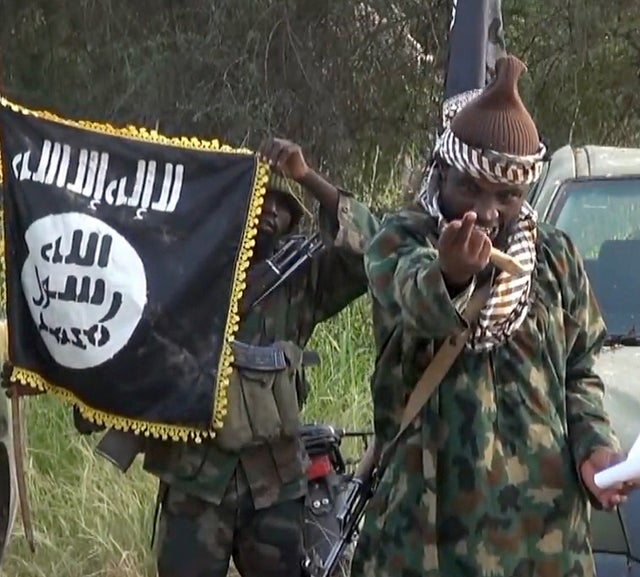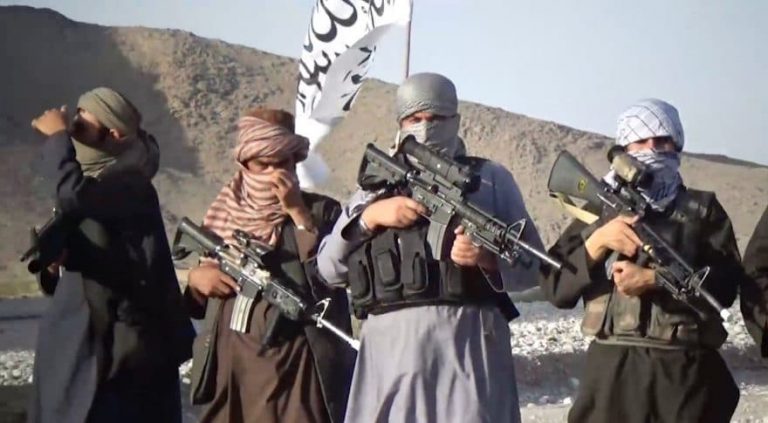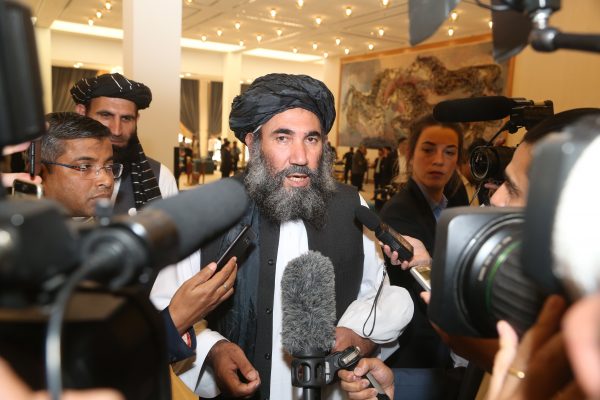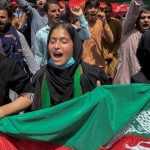The Robert Lansing Institute publishes opinion by Senior Jihadist Terrorism Analyst Daniele Garofalo on prospects of main regional jihadist organization after rapid fall of Kabul authorities and establishing the rule of the Taliban.
Al Qaeda in Afghanistan after fall of Kabul
Central Al-Qaeda has always been present in Afghanistan in recent years. The Taliban have continued to maintain close relations with Al-Qaeda, including its local affiliate in the Indian Subcontinent (AQIS). Contacts between al-Qaeda and the Haqqani network, including the deputy leader of the Taliban, Sirajuddin Haqqani, remain particularly close. They share long-standing personal relationships, generational, historical, ideological, family and marriage ties. Above all, AQC has always been present in Afghanistan in the western part (Farah, Nimroz, Badghis). Meetings between Taliban and al-Qaeda leaders have been frequent. Altogether, there are probably 1,000 al-Qaeda militants in Afghanistan. Although al-Qaeda has not been a major part of the Taliban insurgency in the last two years, Qaedist fighters have been engaged in military operations in support of the Taliban in several areas of the country, such as: Badakhshan, Ghazni, Helmand, Nimruz, Nuristan, Paktiya and Zabul. It is likely, but not immediately, that AQC will issue declarations regarding the Taliban victory and continue, secretly, to live in Afghanistan. But even if, for greater stability, the Taliban were to ask AQC to leave the country, they could always move or operate from Iran (as Saif al-Adl has done) or from the Pakistani tribal areas.
Taliban and ISK relations prospects
Relations between the Taliban and ISK are not good. IS considers the Taliban apostates and traitors and a showdown between TB and ISK is likely as soon as the Taliban leadership forms a government and stabilises. In recent days, they have already killed former ISK leader Abu Umar Khurasani, for example, after taking control of Pul-i-Charkhi prison, where he was being held.
Situation in Iraq prospects in context of Afghanistan
As far as Iraq is concerned, the rise and resurgence of IS is again considerable. The areas in which IS operates are mainly Anbar, Baghdad, Babil, Kirkuk, Salah al-Din, Ninewa and Diyala. The sub-provinces of Anbar, Ninewa, Jazeera, Diijla, Badiya are located within a large desert area interspersed with valleys and mountain ranges that constitute a meeting point between IS fighters in Syria and those in Iraq, who move from there to the Salah al-Din area, which represents the main land communication hub for the organization. The sub-provinces of Salah al-Din, Kirkuk, and Diyala, consisting of valleys, mountain ranges, and agricultural areas with dense orchards are the most important geographical area for the organisation and the centre of IS’s main activities in Iraq. Finally, the group is also operational in the sub-provinces of North Baghdad, Baghdad, Furat, Falluja, Babil and the South Sector (the entire remaining southern part of the country).
In 2021, from 1 January to 30 June, IS officially conducted over 550 attacks in all Iraqi sub-provinces and sectors. IS in Iraq conducts two types of operations, referred to as ‘war of attrition’ and ‘economic warfare’, with actions including, and often not requiring large numbers of fighters, the installation of IEDs, use of SVBIEDs, the organisation of ambushed assassination operations with snipers, assassinations of social and political leaders, kidnappings, burning of houses and farms, attacks against Iraqi security forces and Shiite paramilitary militias, attacks on civilian and private infrastructure such as oil wells, electricity and telecommunication towers.
It is unlikely to date that IS will be able to re-establish its territorial control in Iraq. However, it has been evident for at least 2 years that the Islamic State jihadist organisation has not been defeated and remains a threat to the security and stability of Iraq, where it primarily operates and where the entire central leadership is based. An end to the threat posed by IS in the country is unlikely (if not impossible) in the short to medium term, whatever military and political strategy is decided.
Taliban and judicial base of regime
It is complex so far to understand how the Taliban and their leadership want to implement Islamic law in Afghanistan. This is because the Taliban believe in, and follow, the Pashtunwali code and the rules of the Deobandi school. So it is not easy to imagine the kind of enforcement they will do, but in the next three or four weeks it will all become clearer. Finally, it should not be forgotten that the recent promises of non-violence might just be a ‘play’ as they are currently under the scrutiny of the whole world and cannot make mistakes, just as they might not achieve all that they have promised as they cannot jeopardize relations with the jihadist groups they are linked with (AQ and affiliates, TTP, TIP, LeT, etc…).

Read also: Perspectives of Jihadism in Africa






